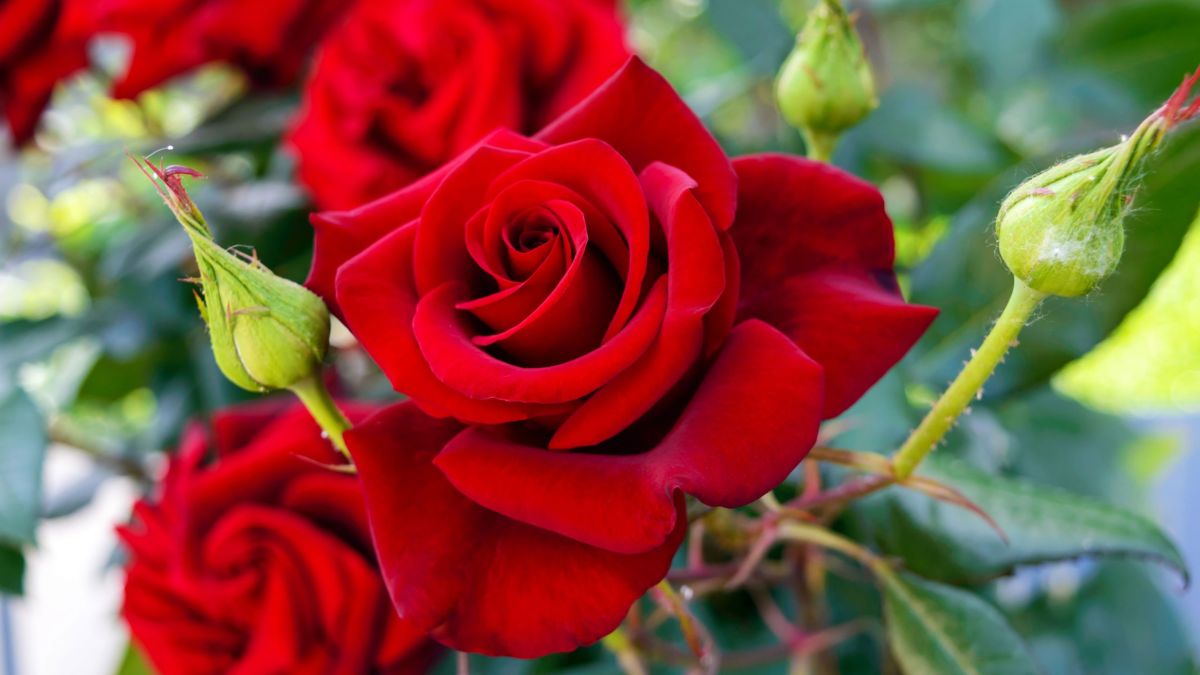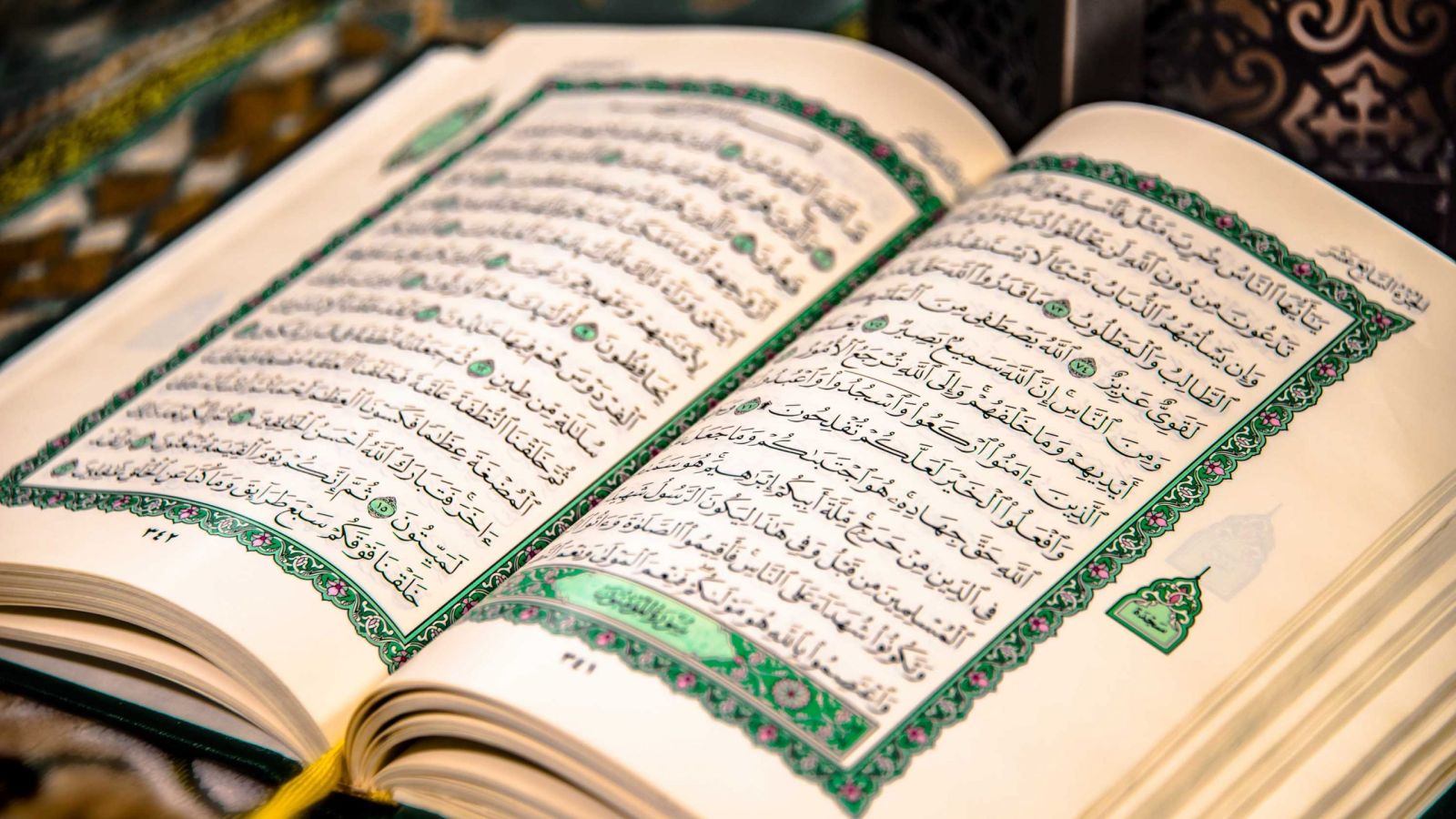The Ruling on Women Who Experience Their Menses in Intervals
Imām Muḥammad ibn Ṣāliḥ al-ʿUthaymīn


The Opinion of the Ḥanbalī Madh`hab
According to the Ḥanbalī madh`hab, the woman who sees the blood [of menses] one day, and is clean the next is interpreted thus: the day of blood is one of menstruation and the day of cleanliness is one of purity. For example, a woman sees blood one day and is clean the next day. Such that when the adhān for maghrib is heard, she sees blood. Then, when the adhān for maghrib is called on the second day she is clean [and so on].
Every ruling must be issued in attachment with its accompanying reason. Thus, the day of menstruation should adopt the rulings of menstruation just as the day of cleanliness should adopt the rulings of purity. This is stipulated by the saying of the Most High:
قُلْ هُوَ أَذًى فَاعْتَزِلُوا النِّسَاءَ فِي الْمَحِيضِ
“Say: that is an adhá (a harmful thing for a husband to have sexual intercourse with his wife while she is having her menses), therefore keep away from women during menses.”
(Al-Baqarah, 2:222)
As long as the ‘adhá’—the blood— is present, then she is in a state of menstruation. If she attains cleanliness from it, then she should be considered to be in a state of purity. Considering this, according to the Ḥanbalī madh`hab, this woman must perform ghusl three times in six days [i.e., every other day in a six-day period].
The Other Opinion in this Issue
A second opinion in this issue is that the occurrence of a day and a half of cleanliness should not be interpreted as having attained a state of purity. This is because there are women who are habitually dry for a day and a night even during their menstrual period but she is not completely pure nor would she consider herself in a state of purity. Rather, she should be watchful over any blood that is excreted during this period. If this occurrence is habitual for her, then the day in which she is free of blood should still adopt the ruling of a day of menstruation. Thus, she does not have to perform ghusl on that day, nor should she pray, nor perform ṭawāf or iʿtikāf. This is because she still has her period, but may engage in those acts once pure.
This opinion is supported by the saying of Āʾishah (رضي الله عنها) to the group of women who would use a kursuf—or piece of cotton—to determine whether they had attained a state of purity or not: “Do not be hasty, rather wait until you see white fluid [which is excreted by the uterus signalling the end of menstruation].”1 That is, do not perform ghusl or pray until you see this white excretion.
Also, the first opinion would stipulate great hardship upon women, especially in winter or during travel or the likeness of such circumstances.
This second opinion is closer to the truth in this issue. A woman finding dryness for a period of twenty hours, or twenty-four hours only should not be interpreted as having attained a state of complete purity as this occurrence is habitual for many women.
Endnotes:
[1] Authentic: narrated by al-Bukhārī without a chain of narrators; See Fatḥ al-Bārī 1: 356. Graded authentic by Shaykh al-Albānī in Irwāʾ al-Ghalīl: 218.
Source: Al-Sharḥ al-Mumtiʿ 1: 500-501
Translated by: Riyāḍ al-Kanadī
Most Popular: Last 30 Days

















